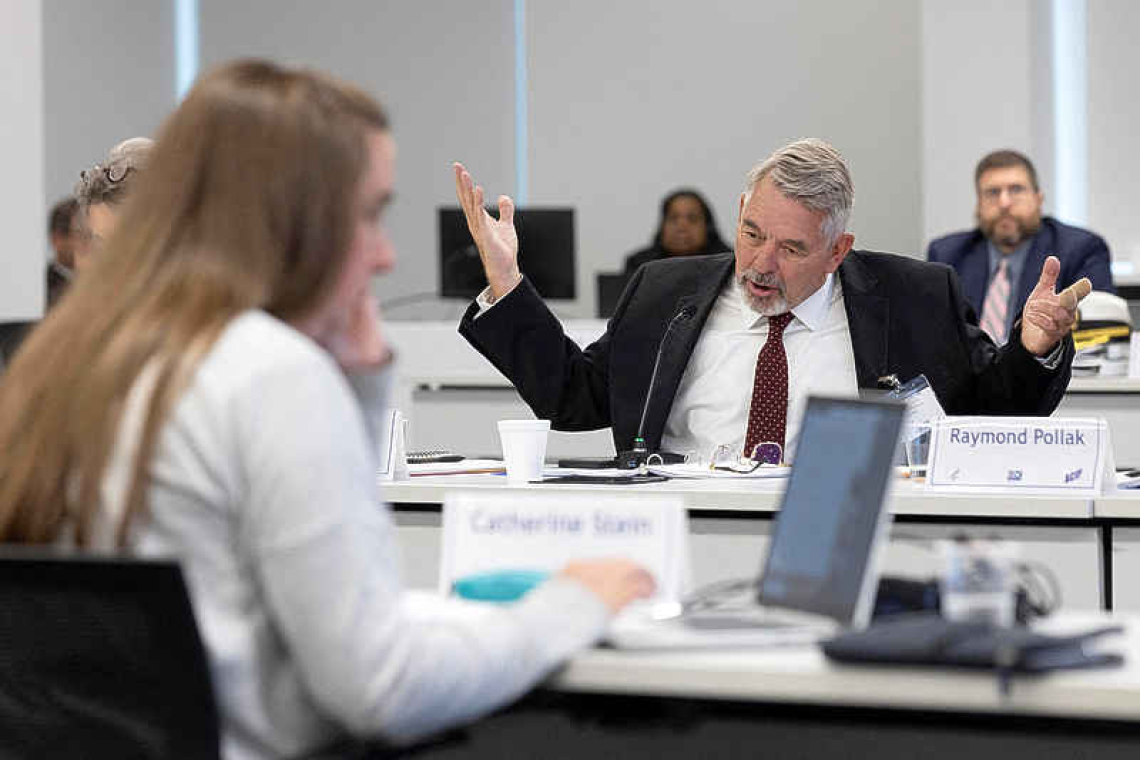ATLANTA--U.S. vaccine advisers voted on Thursday to revise the use of one of two key childhood vaccines under review, another step in U.S. Health Secretary Robert F. Kennedy's push to rewrite U.S. immunization policy.
The group, which advises the Centers for Disease Control and Prevention on U.S. vaccination schedules, recommended against allowing parents to choose the combined measles-mumps-rubella-varicella vaccine before age 4. Instead, separate vaccine shots will be given for measles-mumps-rubella and varicella.
The votes are the first from Kennedy's 12-member Advisory Committee on Immunization Practices, many of whom have advocated against vaccine use. Five of those members were named this week. Kennedy, a longtime anti-vaccine activist, is moving at breakneck speed to push through changes to the nation's vaccine policies, including restricting eligibility to COVID-19 shots, ousting the country's top public health official, and amplifying federal support for state vaccine exemptions.
He says these moves are needed to restore trust in U.S. public health agencies. The panel delayed to Friday a vote on a recommendation to wait to give the hepatitis B vaccine until infants reach 1 month of age, rather than at birth, unless the mother tests positive for the virus. A spokesperson for Merck, which makes the combinateion MMRV shot, said the recent advisory committee vote and discussion "occurred in the absence of new scientific data and in contrast to years of evidence affirming the current immunization schedule."
The panel reviewed the change to the combined MMRV shot recommendation based on studies showing a higher risk of seizures in children under 4 compared with those who received separate measles-mumps-rubella and varicella shots. The CDC had already recommended separate MMR and varicella vaccines for children younger than 4 unless parents express a preference for the combined shot.







